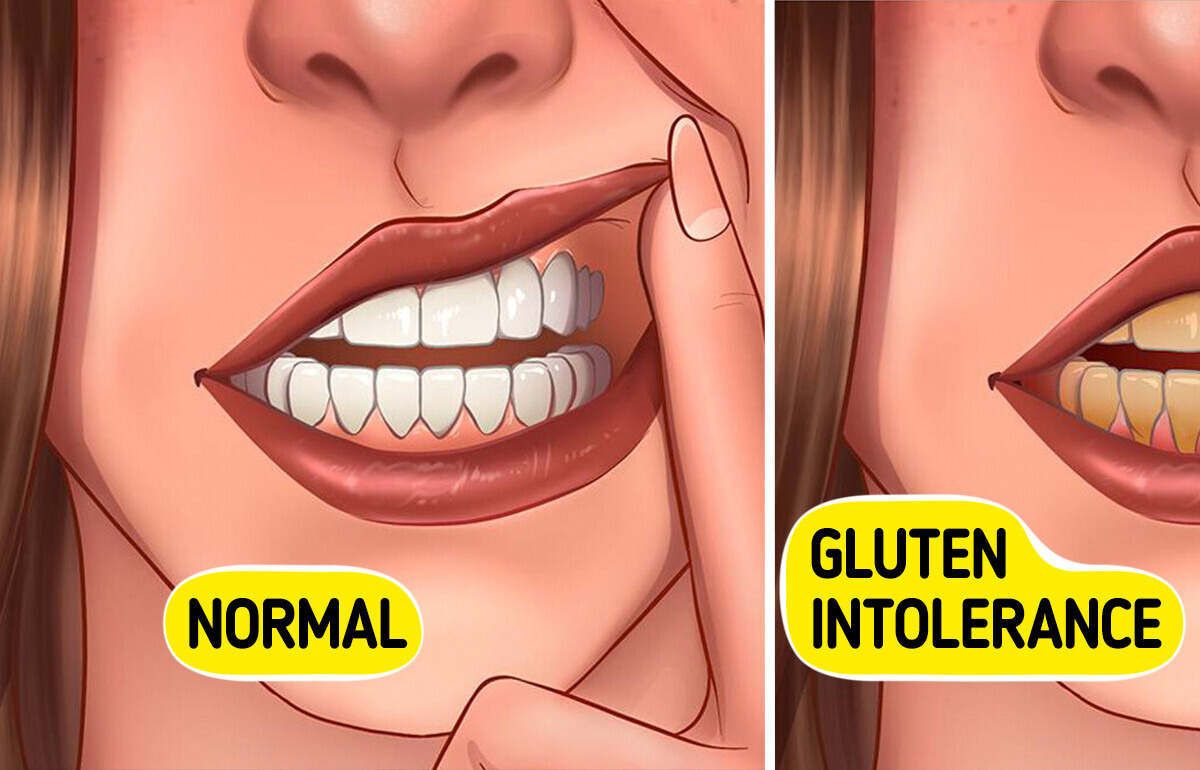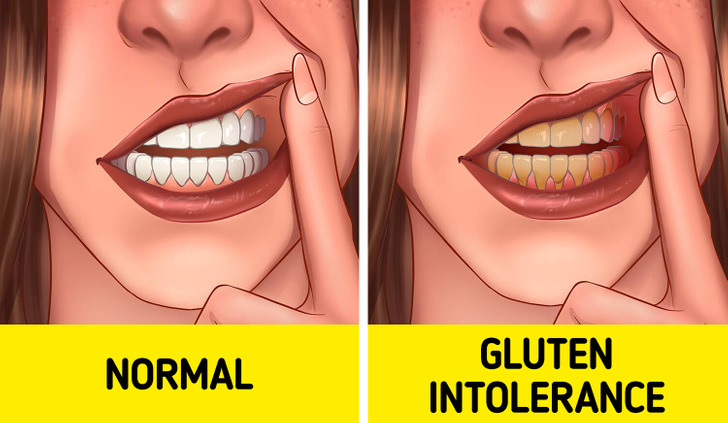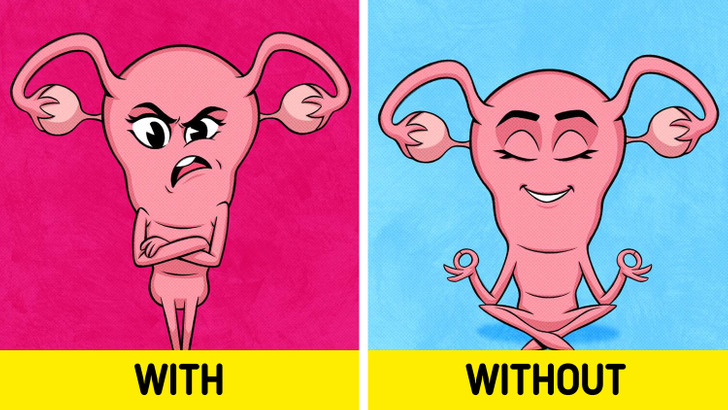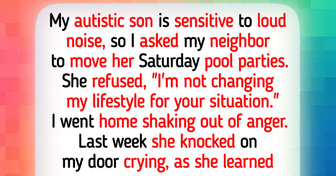I Refused to Let My Daughter Share a Room With My Nephew, It Led to a Disaster


When most people think about gluten sensitivity, digestive troubles like cramps or bloating usually come to mind. But gluten intolerance can show up in far more unusual ways, often with no stomach symptoms at all. From odd neurological effects to peculiar skin flare-ups, your body might be reacting to gluten in surprising ways.
If you’re facing unexplained symptoms without a clear medical reason, your diet might be worth a second look. Here are 11 unexpected signs that gluten could be causing problems for you.
CONTENT IS PROVIDED FOR INFORMATIONAL PURPOSES ONLY AND IS NOT INTENDED AS A SUBSTITUTE OF MEDICAL ADVICE. SEEK GUIDANCE OF YOUR DOCTOR REGARDING YOUR HEALTH AND MEDICAL CONDITIONS.
A tingling, burning, or itchy sensation on your skin might seem like a reaction to stress, heat, or allergies. But it could be your body’s response to gluten. For those sensitive to it, skin problems can be an early red flag.
Gluten can trigger the immune system to produce antibodies, which sometimes settle in the skin. This can lead to itchy, blister-like bumps. These rashes may appear on various parts of the body and often come with discomfort or irritation.
If you often feel forgetful, mentally sluggish, or spaced out, it might not just be fatigue or stress. Gluten could be affecting your brain. Mental fog, or brain fog, is a common yet easily overlooked symptom of gluten intolerance.
People report feeling confused, slow to process thoughts, and experiencing short-term memory issues. If this cloudy feeling doesn’t go away, it may be time to examine what you’re eating. Don’t hesitate to see a healthcare provider for professional advice.
Feeling anxious or emotionally off-balance for no clear reason? Gluten might be playing a hidden role. Beyond digestive symptoms, gluten sensitivity can also impact your mental health, leading to increased irritability, anxiety, or mood changes.
Although scientific studies vary, some research points to a reduction in anxiety when gluten is removed from the diet in sensitive individuals. If your emotions feel unstable after eating, consider speaking with your doctor about trying a gluten-free approach.
Have you noticed constant ringing in your ears or an increased sensitivity to everyday sounds? It may not just be stress or ear-related issues. Gluten intolerance could be involved. Though less common, these auditory symptoms have been reported by some with gluten sensitivity.
This reaction may stem from inflammation in the nervous system caused by gluten. If symptoms like these worsen after meals containing gluten, it’s worth paying attention.
Tasting metal even when you haven’t eaten anything unusual? This weird, lingering taste could be another clue. Although rare, a metallic flavor in the mouth is sometimes associated with gluten intolerance.
This odd sensation can affect how food and drink taste, making meals less enjoyable. If it tends to occur after eating gluten, cutting back might help. But it’s important to check with a doctor first.

Numbness or tingling in your hands, feet, or legs might seem unrelated to your diet, but gluten could be the reason. In some cases, the immune system misfires after gluten exposure, causing inflammation that affects nerves.
These symptoms, like numbness, tingling, or even mild weakness, can mimic other conditions. But if they seem to flare up after gluten consumption, it may point to sensitivity.

Struggling with sleep without an obvious cause? Gluten could be interfering. Though often blamed on stress, trouble sleeping may actually be tied to food sensitivities.
Issues range from restlessness to full-blown insomnia. If you’re waking up tired or having trouble falling asleep, it might be your body reacting to gluten in your system.

If you’re constantly congested or dealing with post-nasal drip, it’s easy to blame allergies. But persistent sinus issues might be connected to gluten.
Eating gluten can trigger your immune system to release histamines, leading to inflamed nasal passages and a runny or stuffy nose. If symptoms linger despite allergy treatments, food could be the culprit.
Unexpected hair loss might have more to do with your digestive system than your shampoo. Gluten intolerance can interfere with nutrient absorption, especially if it leads to damage in the small intestine over time.
Without proper nutrients like iron, zinc, and B vitamins, your hair may start to thin or fall out. This symptom is particularly common in those with celiac disease but can affect anyone with gluten sensitivity.

Problems with your teeth, like yellowing, decay, or extreme sensitivity, could be linked to gluten. When gluten disrupts nutrient absorption, your body may not get enough calcium, which is essential for healthy teeth.
This can lead to weak enamel, cavities, or visible discoloration, even if your dental hygiene is solid. If these issues persist, gluten might be worth investigating.

Gluten sensitivity can sometimes affect fertility, especially if it causes chronic inflammation or malnutrition. When the body struggles to absorb essential nutrients, reproductive health may be compromised.
Hormone levels can become unbalanced, and menstrual cycles may shift, both of which can make conception harder. While gluten-free diets aren’t necessary for everyone, those facing unexplained fertility problems might benefit from exploring potential gluten triggers.
Just like with gluten, lactose intolerance can show up in ways you might not expect. If you suspect dairy could be behind your mysterious symptoms, be sure to check out our list of surprising signs of lactose sensitivity. You might find some answers you’ve been missing.











